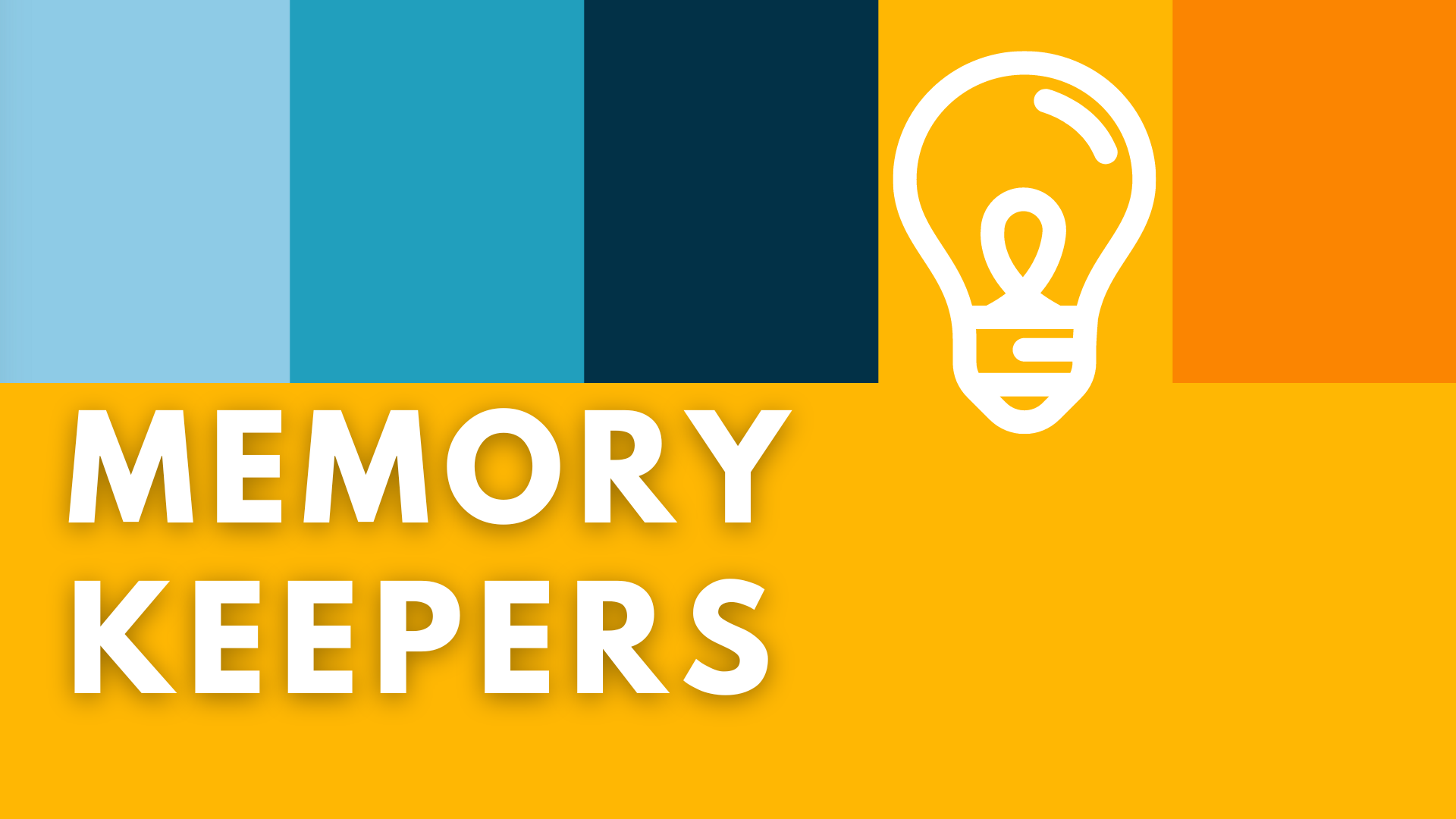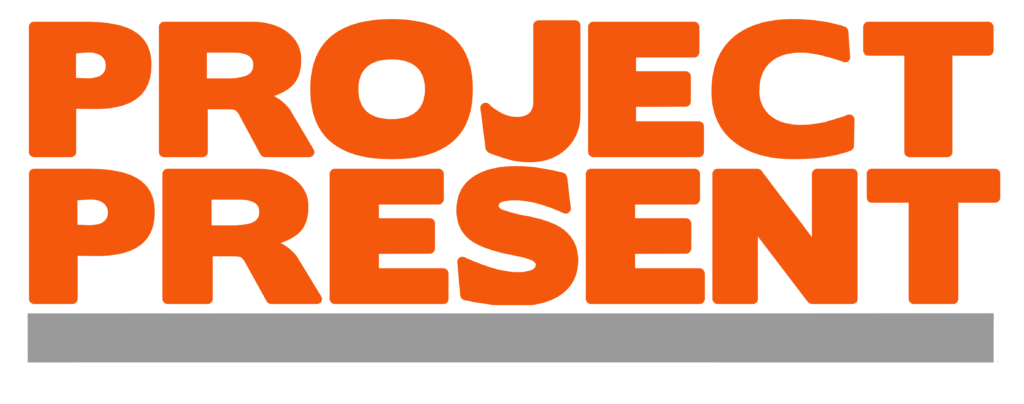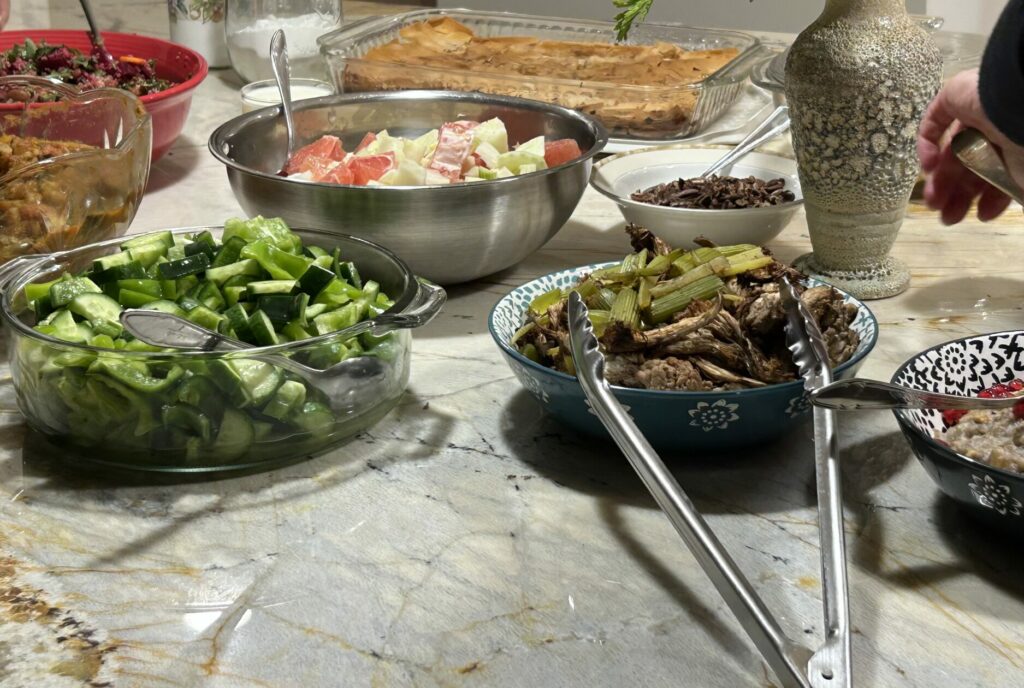Dementia remains incurable, but Memory Keepers fights to slow its progression. Developed on the principles of Cognitive Stimulation Therapy and other evidence-based approaches, Memory Keepers curriculum applies engaging and remarkable methods to slow cognitive decline. Best of all, it’s delivered at home and may be covered by insurance. The co-founders of Memory Keepers, Cheryl Kinney and Britt Lueken, dedicate themselves to providing accessible resources and programs to professionals preparing to fight against memory loss. At Private Home Care, we’re proud to partner with Memory Keepers. In this blog, we’ll explore how Memory Keepers utilizes non-pharmaceutical interventions to limit cognitive decline and what to expect from their innovative programs.
Why non-pharmaceutical treatment options?
Firstly, pharmaceutical interventions may temporarily slow disease progression. Two new drugs on the market, Aduhelm and Leqembi, treat the symptoms of dementia, but require IV infusions, may result in life-threatening side effects, and are not currently covered by Medicare.
Conversely, non-pharmaceutical interventions, for example, Cognitive Stimulation Therapy (CST), improve cognitive function and reduce depression in memory loss sufferers. According to the 2011 World Alzheimer’s Report by Alzheimer’s Disease International, the early implementations of non-pharmaceutical interventions are not cures but have been linked to delays in institutionalization, reduced hospitalizations, and lead to fewer physician appointments overall. Memory Keepers designs programs that make the execution of non-pharmaceutical interventions accessible.
CST, initially designed for groups, comes in many different formats. Though research shows that one-on-one CST has not been as effective as the programs facilitated in community/group settings, studies show increased cognitive function and quality of life. Additionally, these studies report a positive correlation between caregiver and client relationships. Since their conception in 2020, Memory Keepers has replicated the results of CST studies in their own groups. Within these groups, they note a slower decline in cognitive function, improved mood and quality of life, and decreased caregiver stress.
In addition to CST, Memory Keepers offers older adults the opportunity to stay engaged in a community. Executive Editor of Harvard Men’s Health, Matthew Solan explains, “Lonely people ages 60 to 79 were three times more likely to develop dementia than their counterparts who did not report feeling lonely.” Chronic loneliness contributes to the decline of older individuals, but Memory Keepers offers programs to help. Memory Keepers invites individuals facing memory loss to join their peers for stimulating activities that engage all the senses and stimulate group conversation.
Memory Keepers caters to those experiencing mild to moderate dementia and older adults who worry about their cognitive health. They utilize the seven areas of engagement to provide meaningful interactions and maximize an individual’s memory retention. Memory Keepers prepares facilitators to support participants with various barriers, from word finding difficulty to focus. It creates a patient and welcoming environment to improve the quality of life for all parties.
What to Expect at Memory Keepers
Memory Keepers offers group classes and individual sessions. Group classes run for one hour a week and come in sets of 15. Classes ideally host 8 to 10 participants and discuss a range of topics. Individual sessions run from 45 minutes to one hour weekly. Memory Keepers tailors individual sessions to the abilities and interests of every participant. The program encourages care partners and/or paid companions to play an active role in the individual sessions.
The Memory Keepers subscription-based program can be offered in-person or virtually, spreading the reach of this important intervention. Their programs are ready to go, designed around the seven principles of engagement, and leave room for personalization. Subscriptions are geared towards professionals seeking to expand their memory care repertoire. Professionals receive facilitator training, resource guides with speaker notes, and links to outside media they reference. Additionally, they include form templates and assessment tools, which monitor treatment progress and disease progression.
Join the Memory Keepers Family
Memory Keepers, designed by people who care, for people who care, prioritizes quality of life, communication, and independent thinking. Their programs provide hope to those struggling with memory loss and community to caregivers. Whether you have memory concerns, are a caregiver, or are a professional, Memory Keepers has something for you. For more information, please visit the Memory Keepers website or call Private Home Care at (844) – 785 – 2273.



